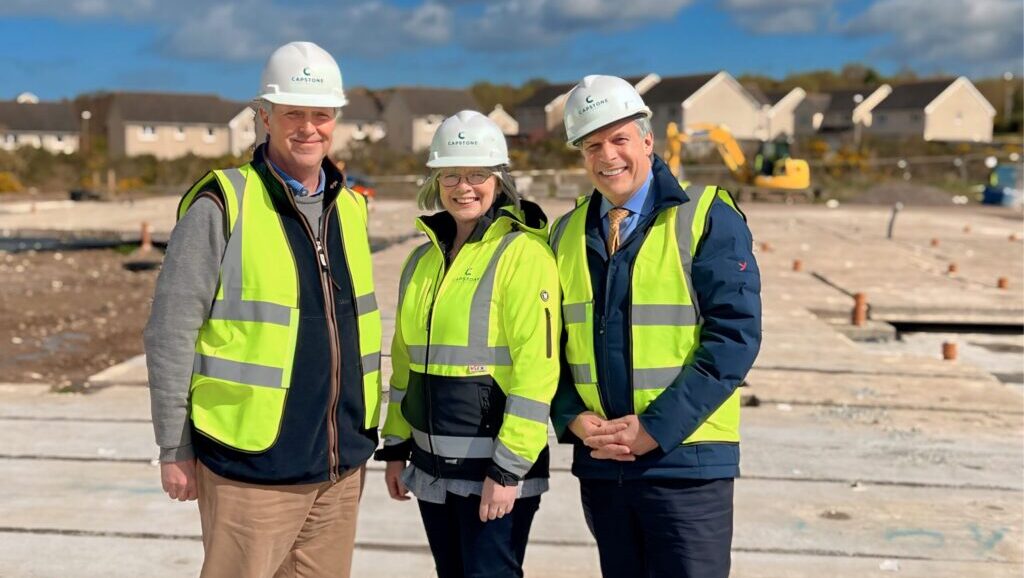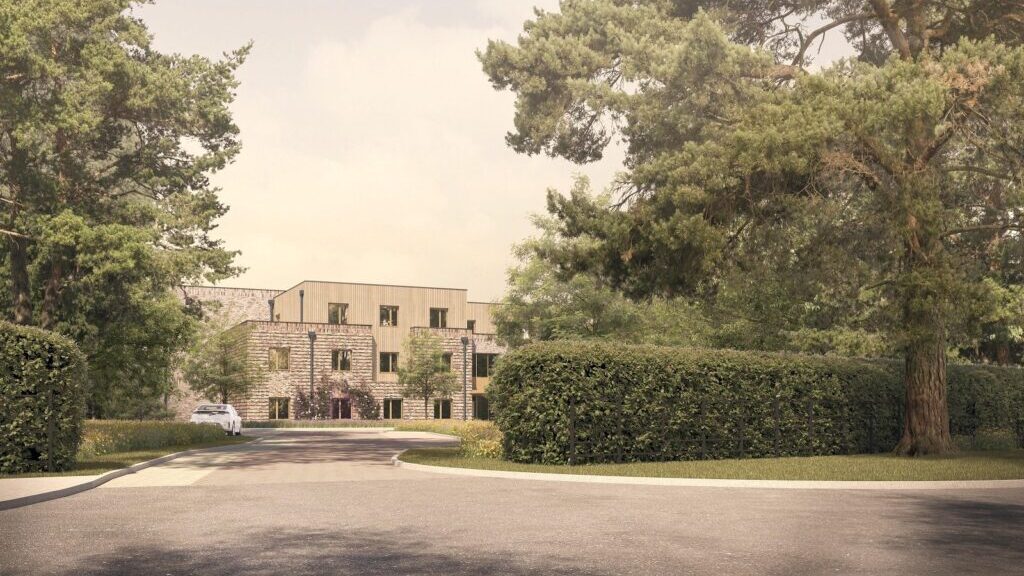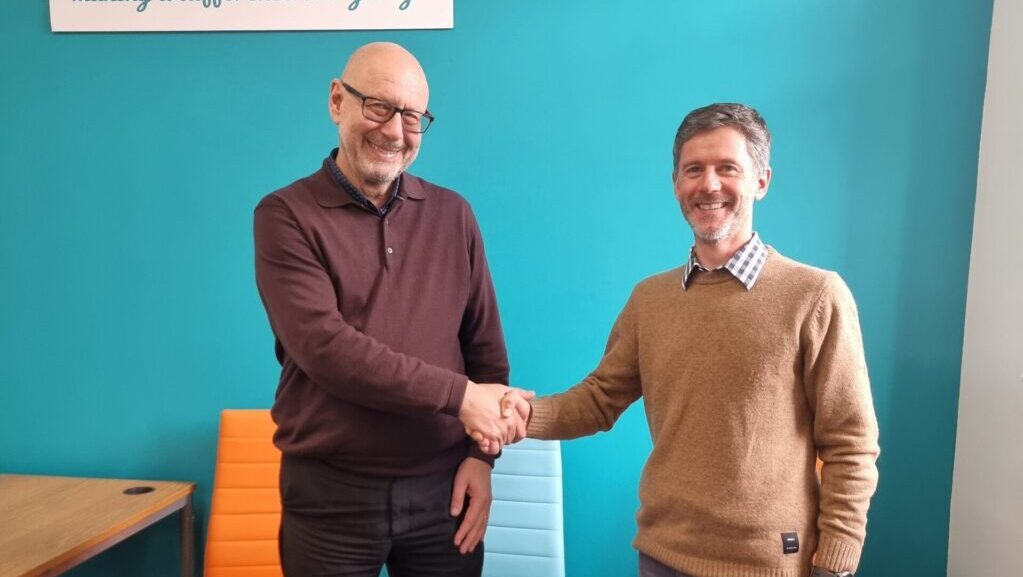Thinking about today’s problems with tomorrow’s lens – Health Plus Care panel
To frame the future, we have to look at the reality of now, Adam Doyle, chief executive designate of the future Integrated Care Board (ICB) for Sussex and Rob Webster, chief executive designate at West Yorkshire and Harrogate Partnership stated during ‘The vision for ICSs’ panel at Health Plus Care Show 2022. The two speakers addressed the key priorities and future plans of ICSs.
“You cannot look at the future if you do not see the reality of now,” Doyle told the delegates pointing to the “significant” geopolitical and economic changes around the world today as well as the rise of populism across all developed countries, climate change and its impact on how the world responds to healthcare policies over the next 10 years.
“The most important finding from all international research is that if we do not make health and well-being key to everything we do, we will be discussing that list of today’s challenges every year, for the following 10 years. I think our job as leaders within the NHS, is to bring all of our NHS organisations to talk about this as a central part of the policy. But also, to work with people that speak about it better than us.”
Webster concurred adding that everyone has to change their thinking and not look back to previous paradigms. “We have to deal with the issues in front of us and what these issues going to look like in the future.”
Recalling his past role as chief executive of the NHS Confederation in 2015, Webster said: “One of the things I argued was to stop looking at episodic care or trying to fix people and see them as body parts but start looking at what the real issues are in the 21st century in Britain like multi-morbidity which is living with two or more long-term health conditions.
“The system that we’ve got is based on organisations, institutions, activity, and episodic care. We must change that so that we plan for the medium term in places with people as assets to improve outcomes. And that’s how ICSs came about. Because we’re trying to deal with the real problem that we have in front of us: most people live with something for which they’ll never be cured. They’ve got diabetes or asthma, they might have a serious mental illness like schizophrenia, they might have special educational needs or they might have dementia. It’s part of who they are, they live with it.
“So, we have to change our mindset. We’re trying to shift the dial. We’re trying to shift the way we lead collaboratively to make the biggest difference that we can.”
Doyle also added that the right leadership model going forward is not over thinking everything. For Doyle, the new normal will be several different things that will come to us to respond to – “really hard to build, really easy to lose.”
He further commented on the UK’s mortality rates, which according to OECD data did not perform as well when it came to Covid-19. “One of the reasons why we had not great mortality outcomes for our community in Covid-19 was because we haven’t strengthened the underlying health of our community. But we’ve got the tools available. It is unacceptable that we have parts of the country that do not have the same outcome. And we must be brave about how we tackle that, through challenging conversations with clinical leaders, and professional leaders.”
The other key part, Doyle said, is to strengthen the foundations of systems, refocus on working with community assets, integrate community care, and get healthy policies.
“We also need to look at the needs of the new generation. People want to work flexibly, differently in a more agile way. We’ve got to challenge our thinking to create access to employment,” he concluded.
by HealthInvestor senior reporter Zinovia Fragkiadaki



